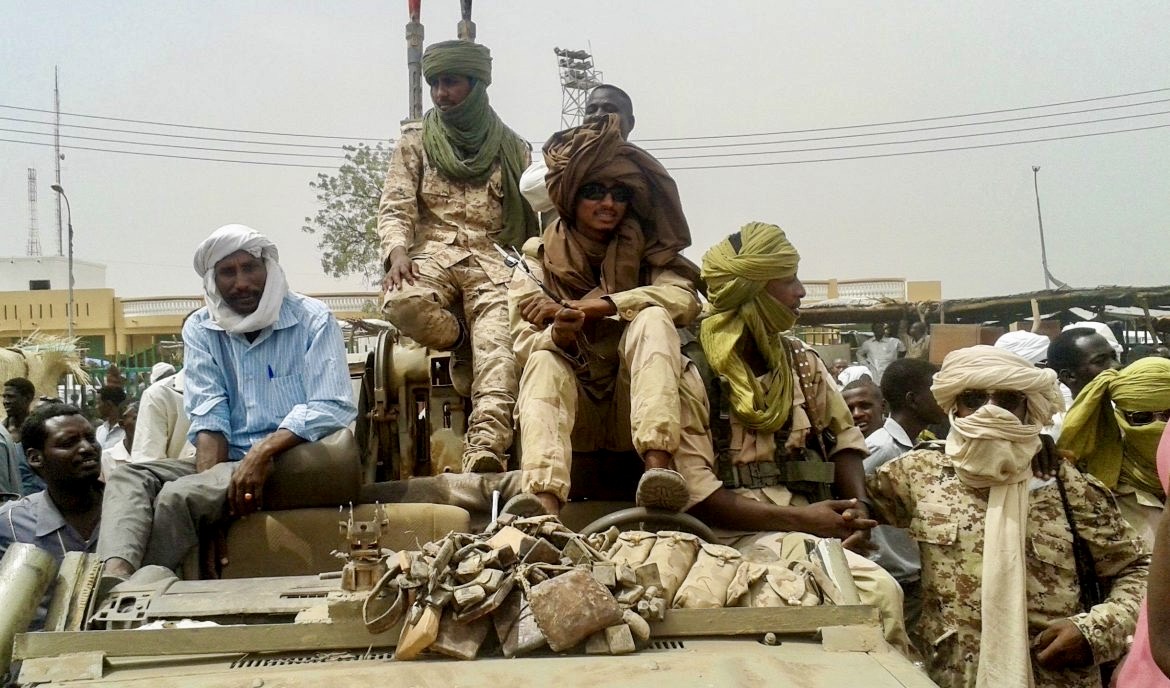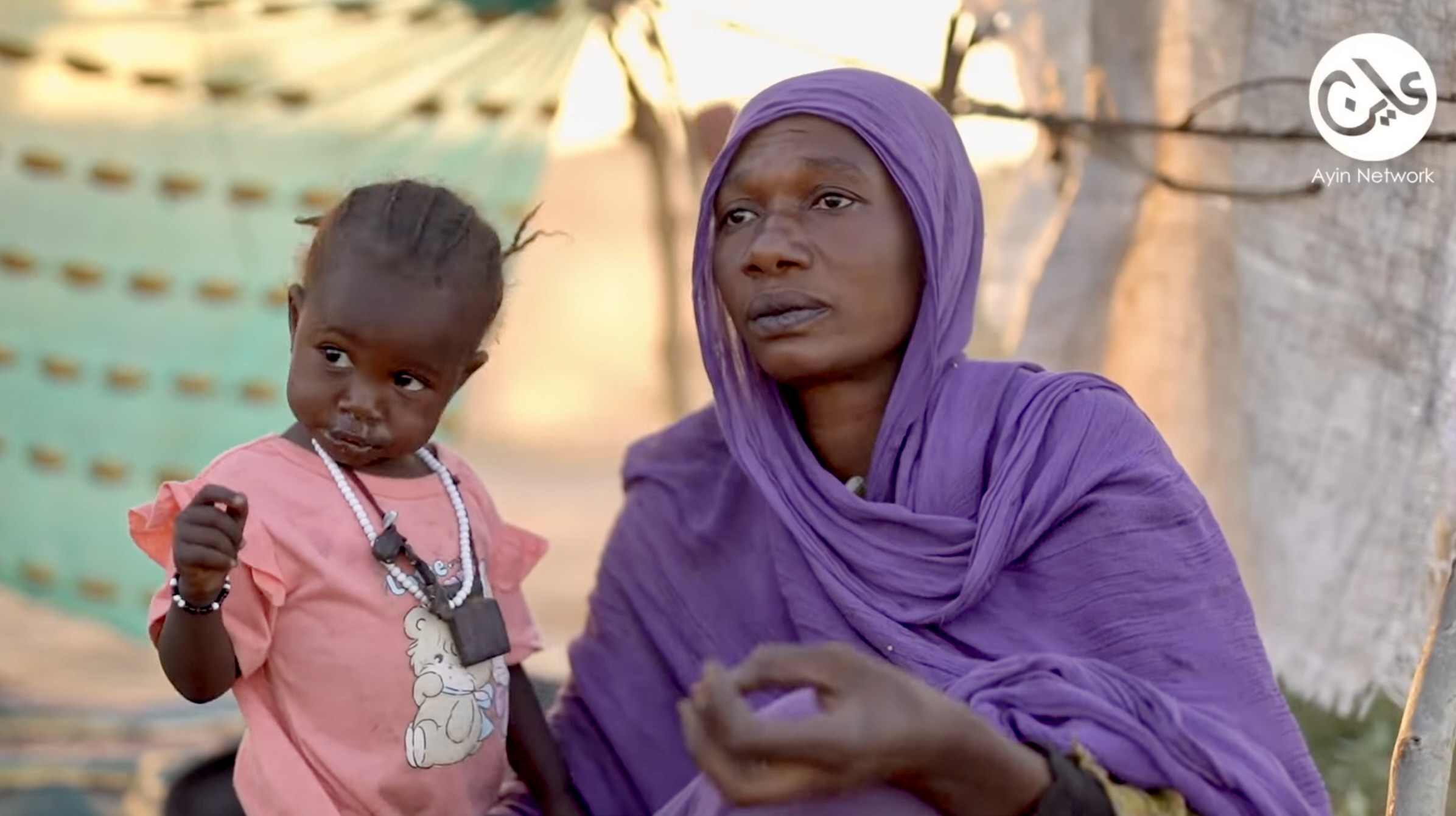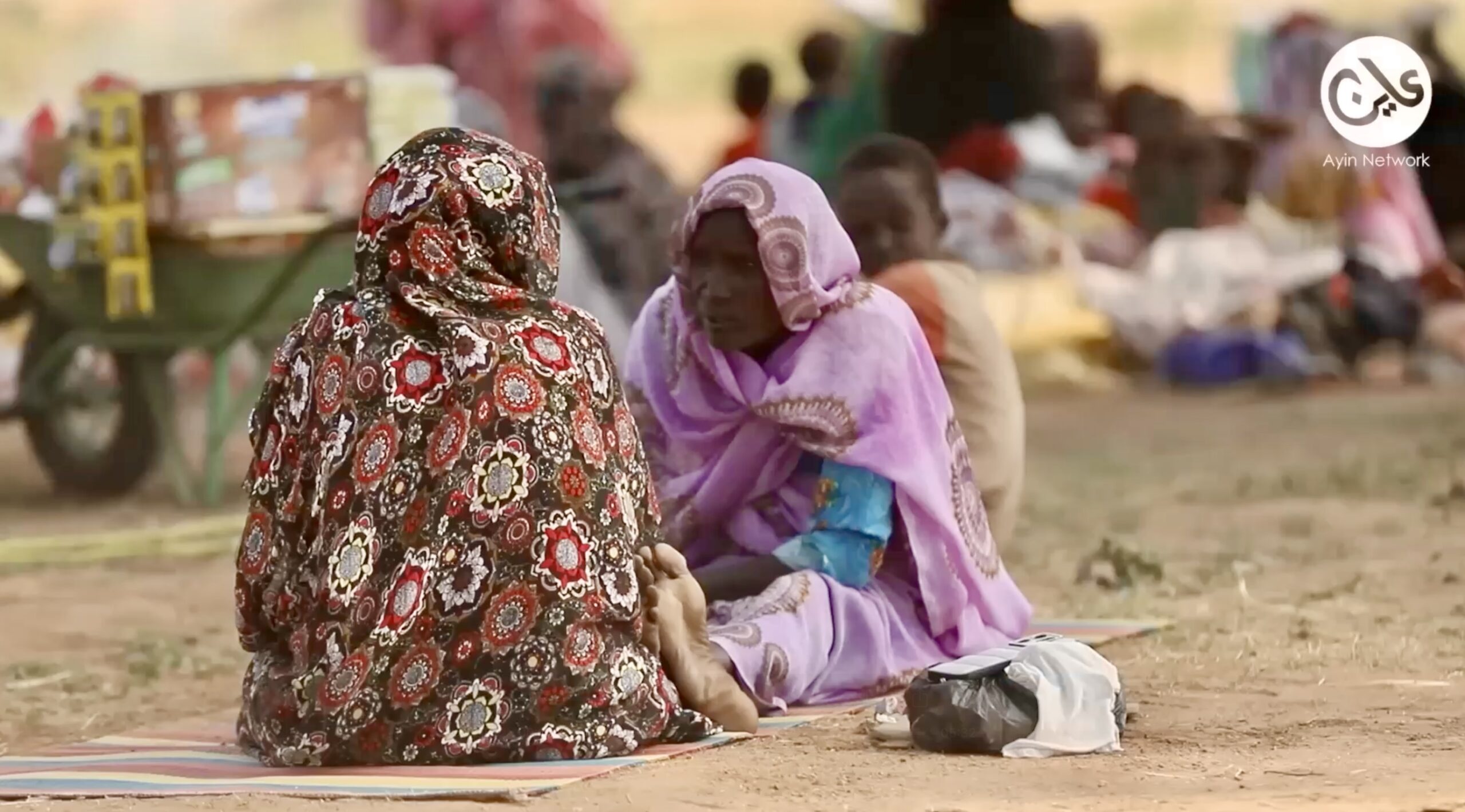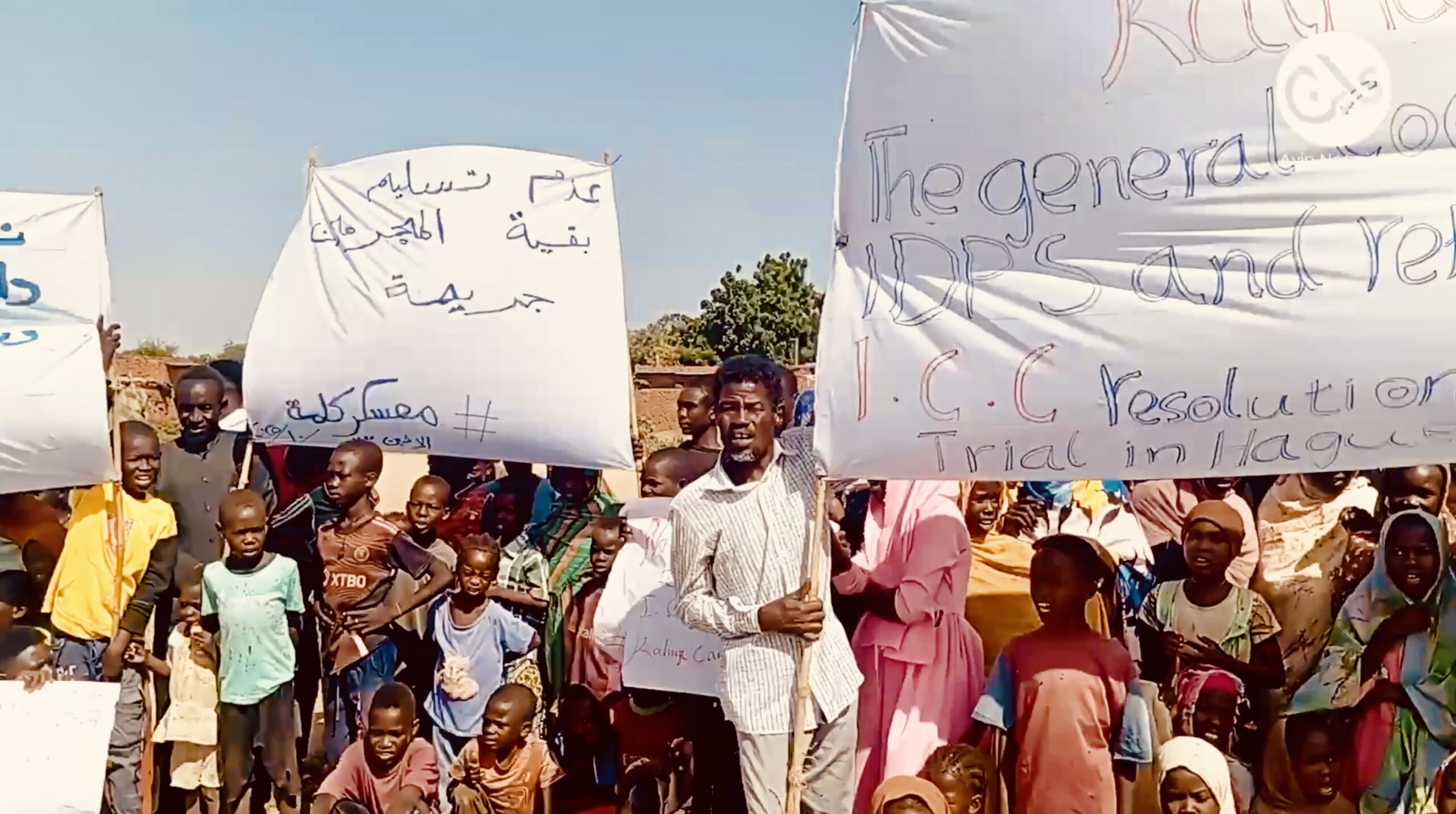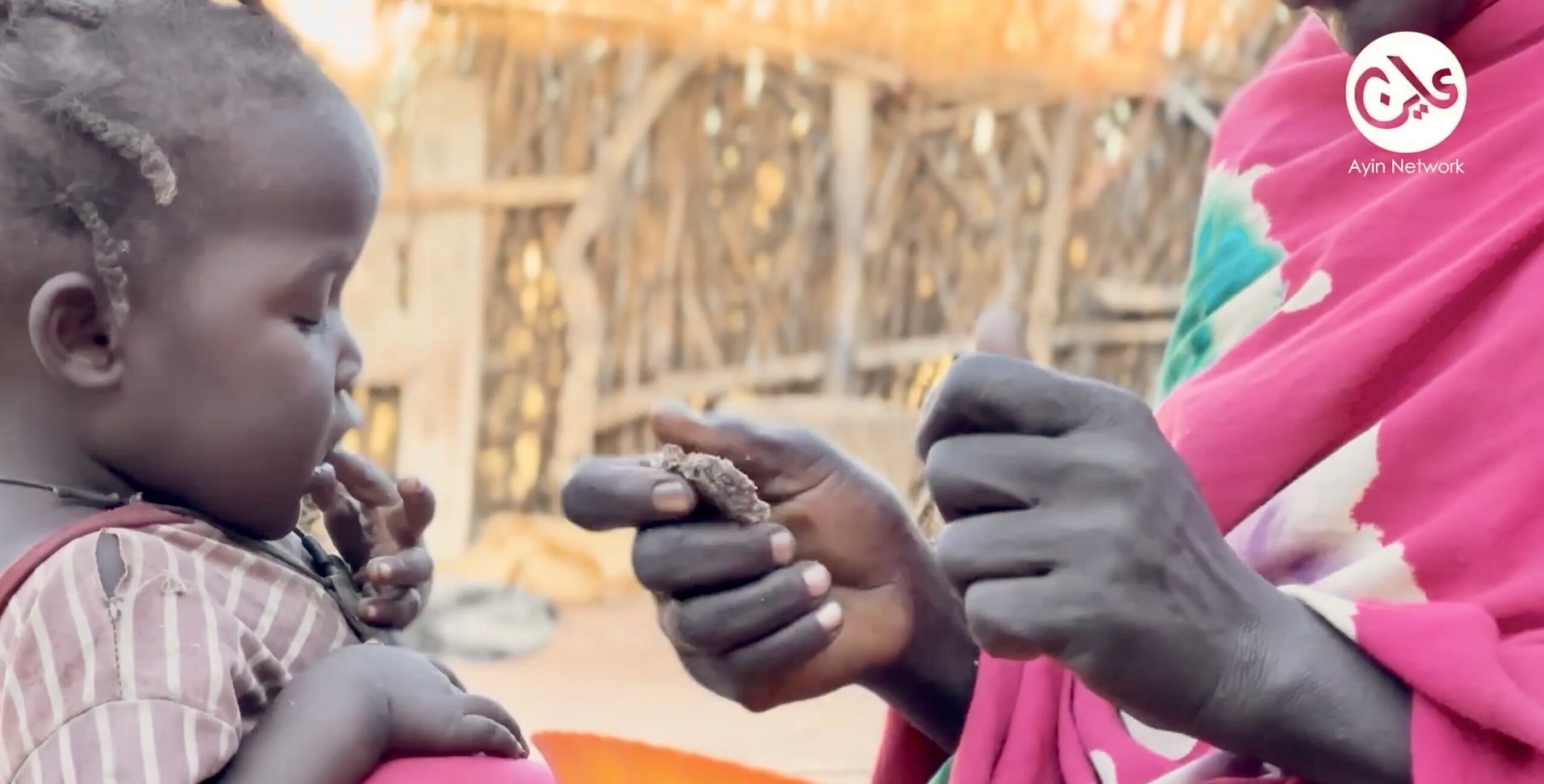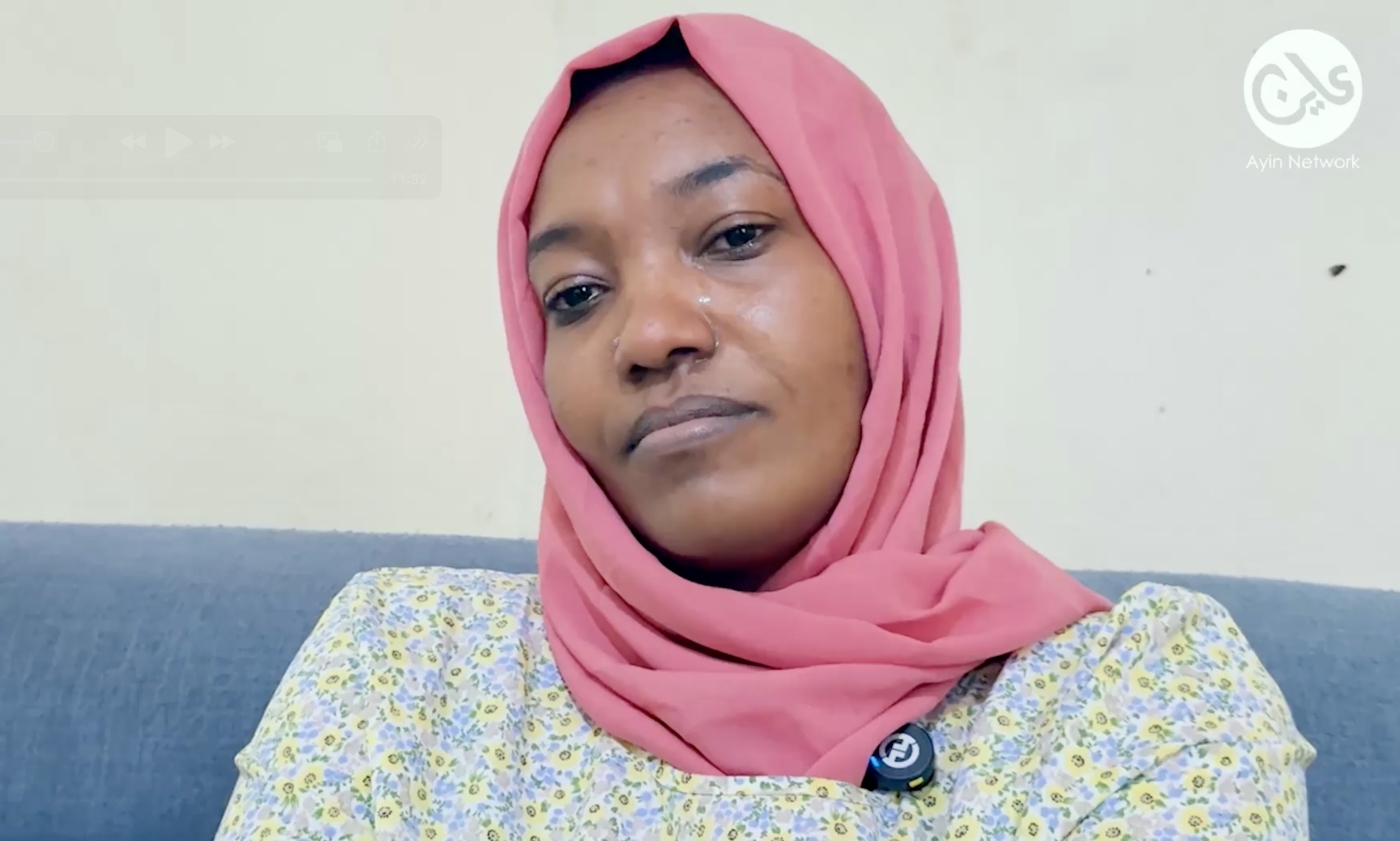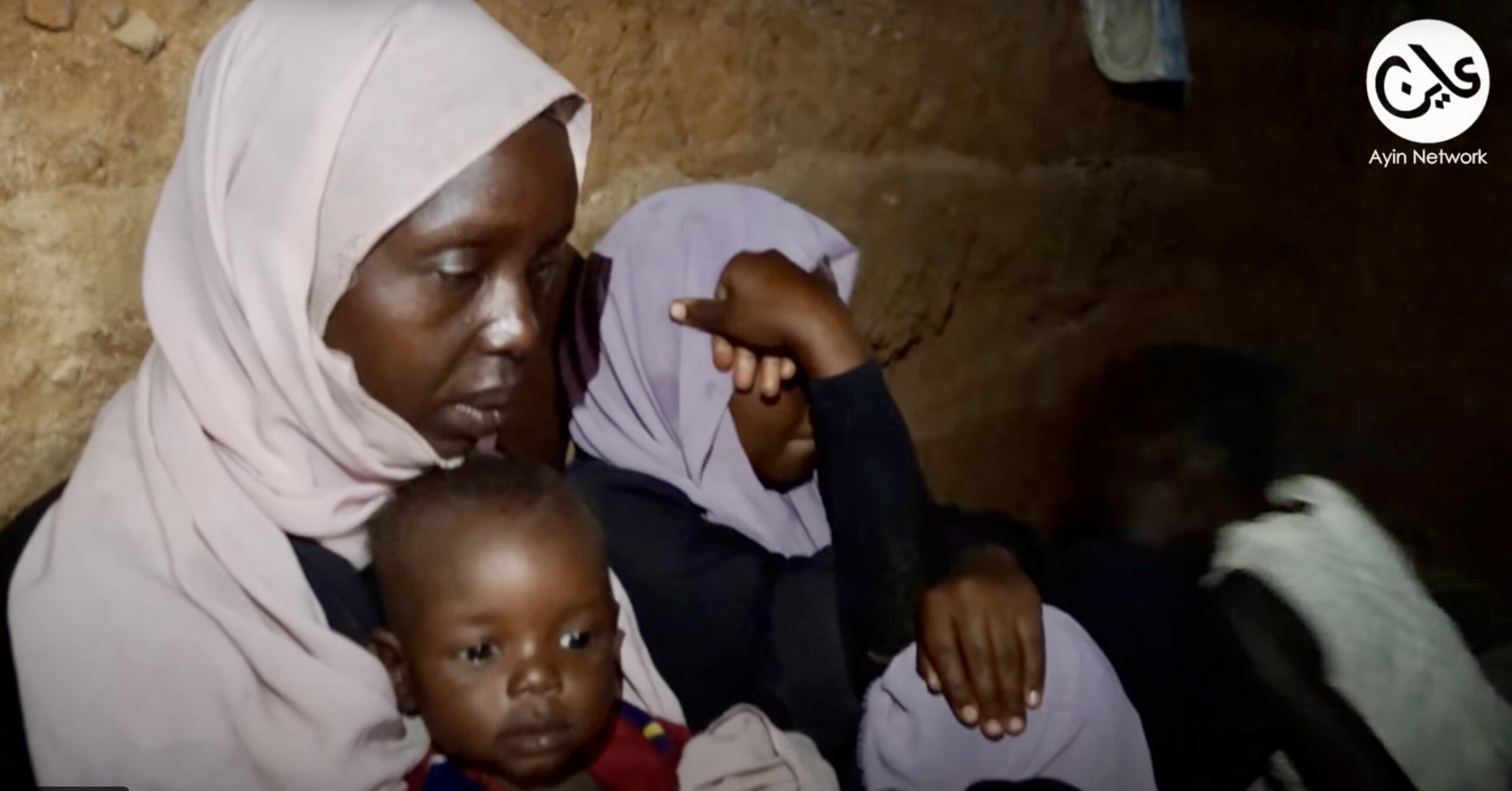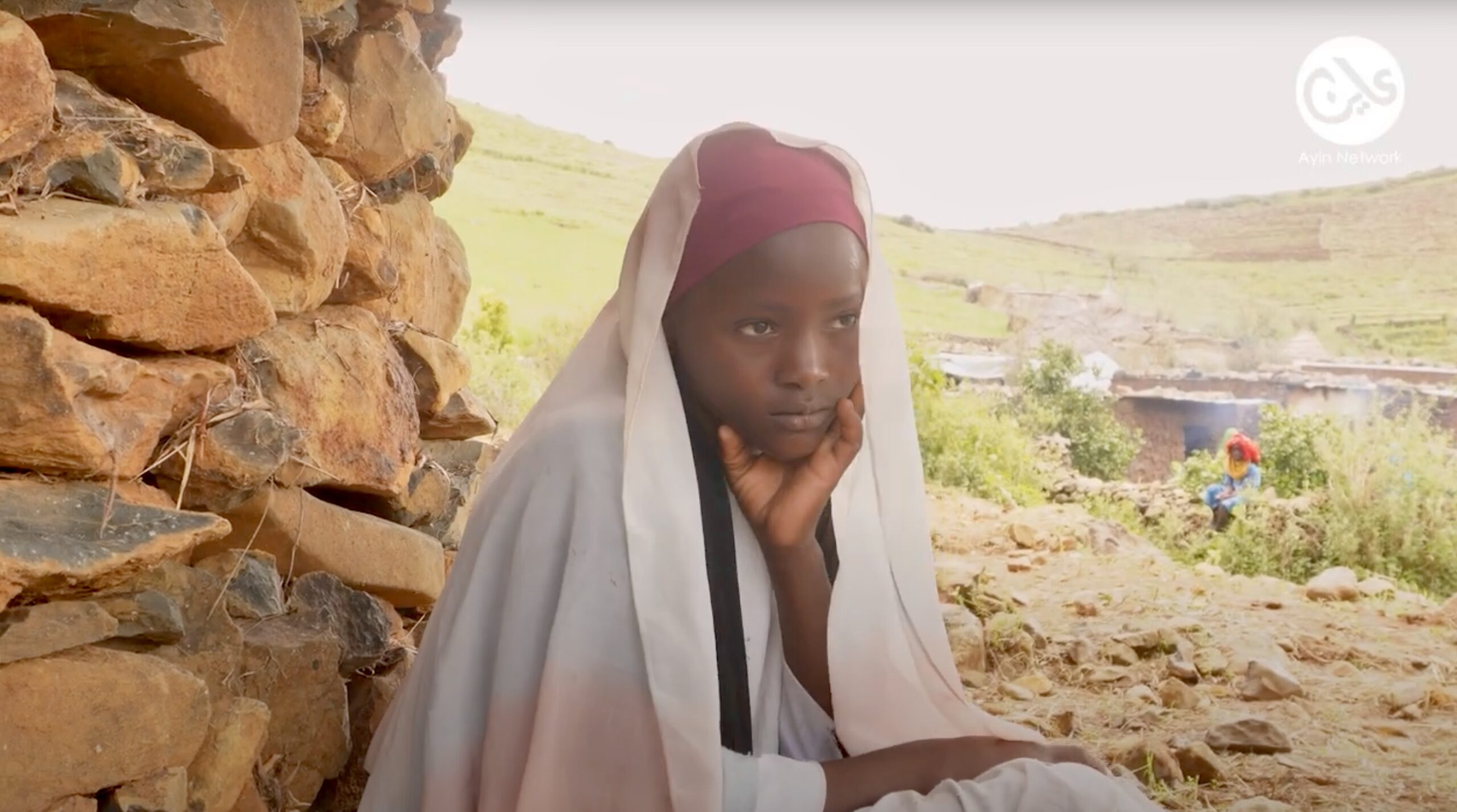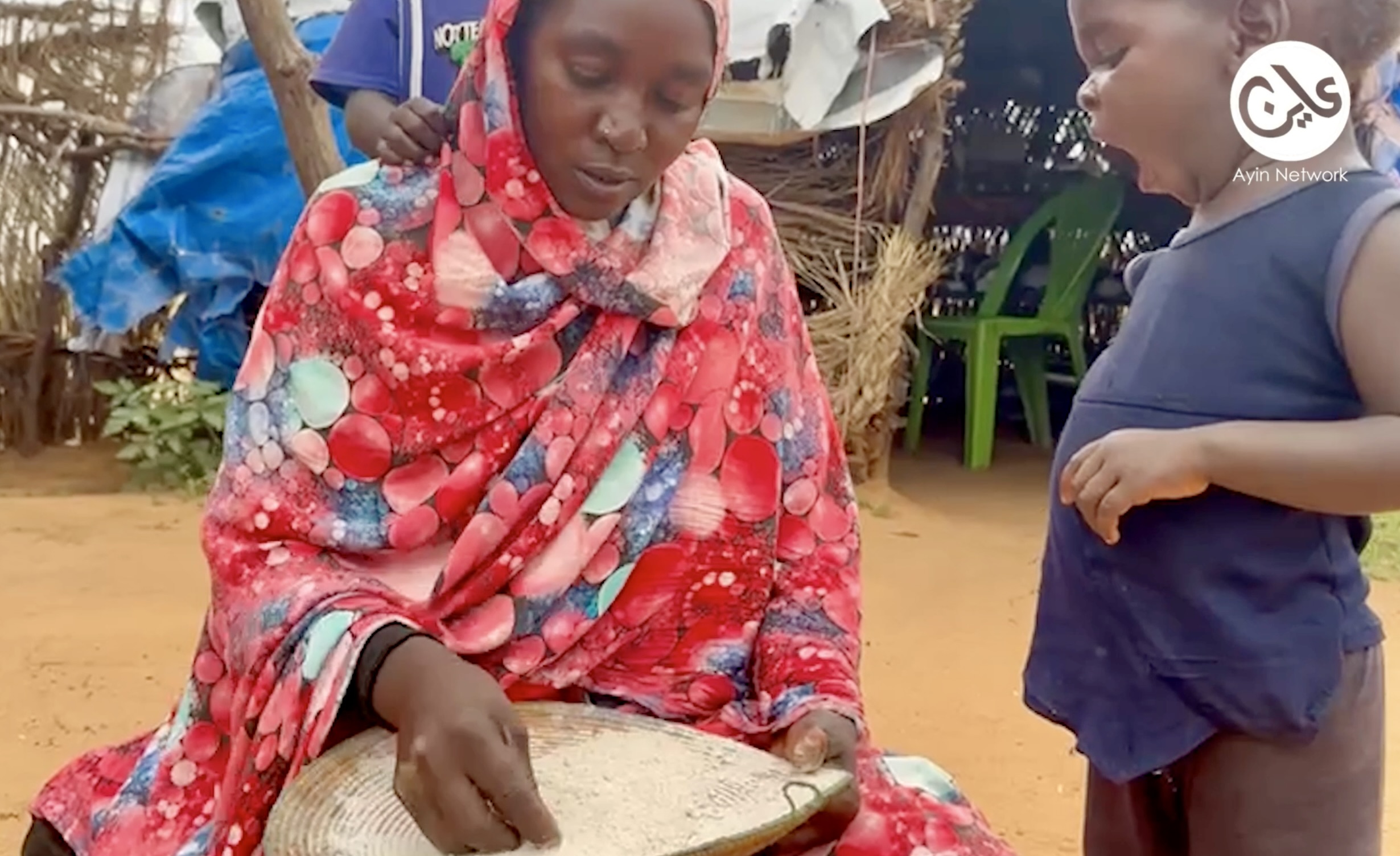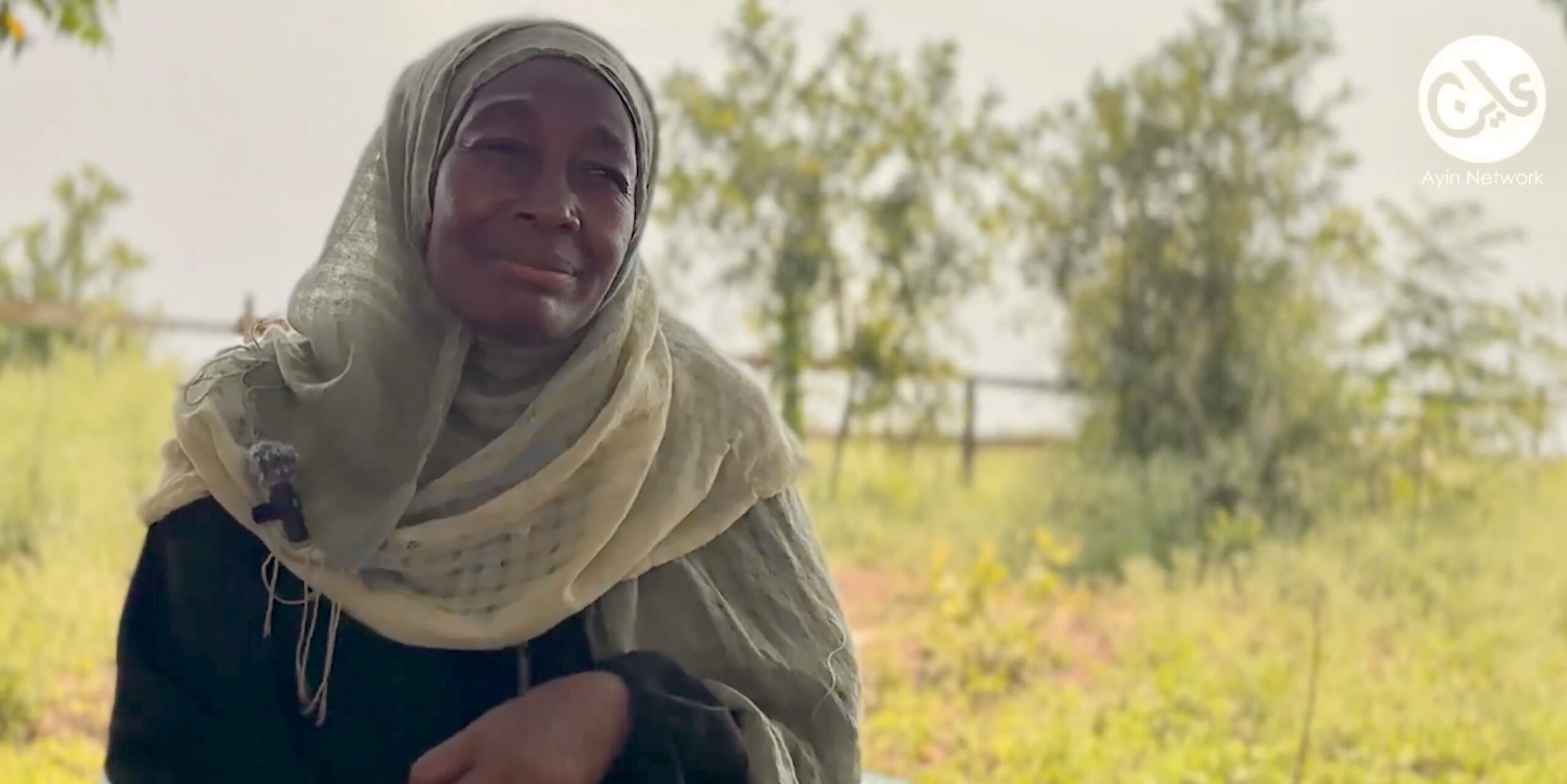Nyala, soon Darfur, in the grip of the Rapid Support Forces
4 November 2023
The military attacks carried out by the Rapid Support Forces late last month on the Sudanese army’s military garrison in the city of Nyala, the second in size and importance after Khartoum, were not just routine attacks. The Rapid Support Forces (RSF) launched attacks for a period of more than 190 days without stopping, and after a series of attacks, these forces were able to enter the garrison buildings after the army was forced to withdraw, according to military sources who spoke to Ayin.
According to several military sources, the army’s withdrawal came as a result of the difficulty of delivering military supplies and provisions to the forces of the army’s 16th Infantry Division inside the Nyala garrison, the prolonged siege, and the closure of the supply lines around the city by the RSF.
For nearly seven months now, a war of dominance between Sudan’s army and the paramilitary Rapid Support Forces (RSF) has taken place, displacing roughly six million people in the process. In the last weeks of October, the RSF made military gains across the western Darfur region, claiming control of Nyala in South Darfur State and Zalingei in Central Darfur –all the while internationally-brokered peace talks are taking place between the warring parties in Jeddah, Saudi Arabia.
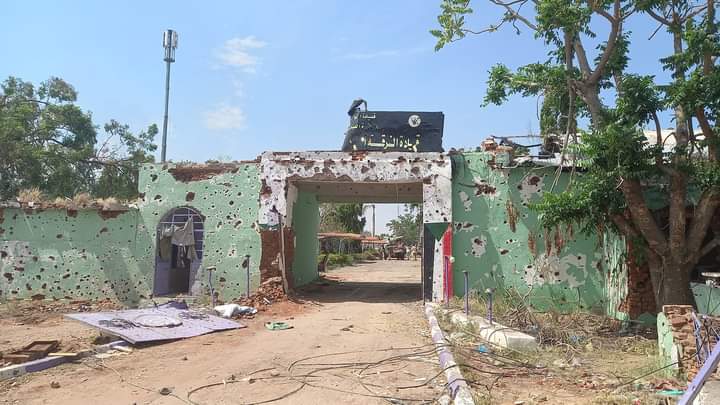
Now in Nyala
According to South Darfur State humanitarian worker Hassan Karifo, Nyala is now, after weeks of shelling, finally calmer. Some markets have returned, most notably Al-Malja, Al-Jabal, and Al-Andalus markets. The General Government Hospital in Nyala, however, remains closed after doctors fled the violence and traveled to Al-Daein in East Darfur State. Some health centers are working, including the Turkish Hospital, Sheikh Musa Health Center, in addition to the Medical Department of the Rapid Support Forces, local residents said.
Despite public claims to restore civilian life to Nyala by RSF’s second in command, Lt.-Gen. Abdelrahim Dagalo, movement is still at a standstill, Karifo added, with only small movements by civilians amidst the periphery.
While the RSF have proven their military might in relation to Darfur, they are yet to be tested on their ability to govern.
According to Karifo and a military source close to the RSF who is unauthorised to speak to the media, the RSF is expected for the time being to manage the city through second-level officials currently working in government institutions. The military source told Ayin Abdelrahim Dagalo has no intention of forming a unilateral government in Nyala or the state. “It is difficult for them (RSF) to form a new government without clashing with the international community and the current negotiations taking place in Jeddah,” Karifo said.
RSF sources told Ayin the deputy commander would even accept the return of the former South Darfur State governor, Al-Tijani Hanoun, who currently resides in Port Sudan – an area under the control of the army. It is, however, unlikely the army would allow Hanoun to return to govern South Darfur State, the same sources said.
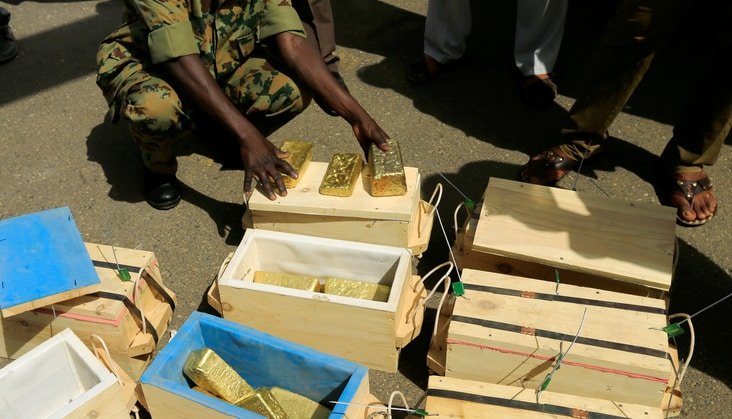
South Darfur State: an economic hub
The RSF are keen to maintain control of South Darfur State, largely due to the gold mines in Songo, Buram al-Radom, and Hafrat al-Nahhas, according to Darfur researcher, Dirar Adam. Mining operations in these areas remain under RSF control, Dirar added. After the decline in gold mining production in Jebel Amer since 2020, says researcher and security expert Muhammad Adam, the RSF have focused their gold mining operations in South Darfur State.
“The Rapid Support Forces can export gold directly to the Emirates in exchange for the arrival of arms shipments,” Adam said, ensuring the paramilitary force never ran out of ammunition. “Boxes packed with weapons were constantly flowing from Amdjarass Airport (in Chad) to the Darfur region and then to the heart of the capital.” Besides gold, Nyala acts as a central trading market for South Sudan, Chad, and the Central African Republic and represents a major trading center for livestock and gum arabic.
South Darfur state may be a backup military supply point for the Rapid Support Forces if the supply point from the Chadian region of Umm Jars does not continue, Dirar added. According to retired Lt.-Col. Tayeb al-Malkabi, the fall of Nyla means the collapse of army military camps and units –-allowing the RSF to recruit and train more members in complete security.
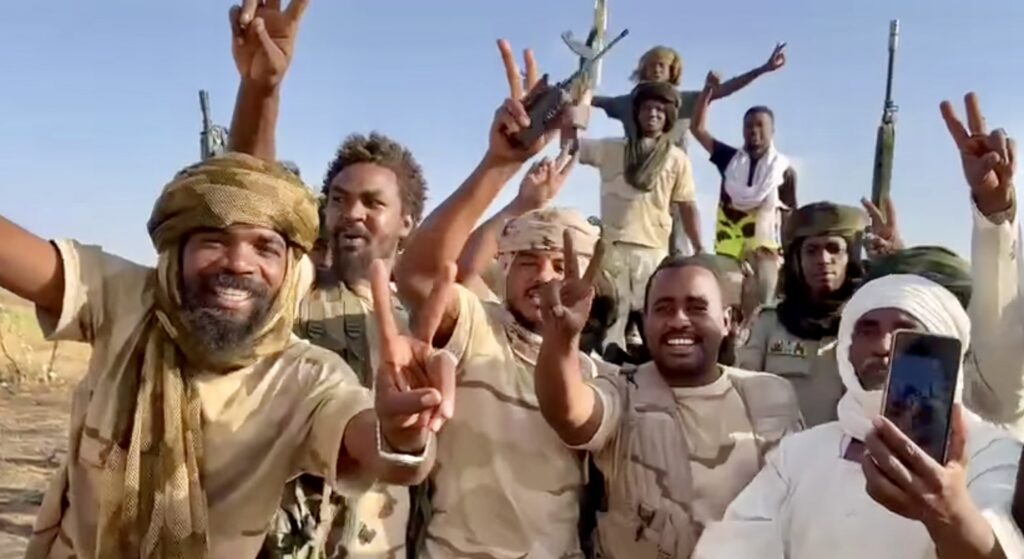
Control of Darfur
Having full authority over South, East, Central, and, as of today, West Darfur states, the RSF are likely to take full sway of the Darfur region in the weeks ahead, Dirar said. On 4 November, RSF claimed control of the army’s 15th Infantry Division in Geneina, West Darfur State. According to a statement by the RSF, the army had resorted to the arming of civilians in a bid to protect their base.
Residents of El Fasher, the capital of North Darfur State, now fear a major RSF offensive in the city is imminent. Many residents from the northern and eastern neighbourhoods of El Fasher have relocated outside of the city or along the southern border region to escape the ongoing clashes. On 1 November, North Darfur Governor Nimr Abdelrahman called upon both warring parties to allow people to leave El Fasher for safer areas before further shelling took place. RSF used drones to attack the army’s 6th Infantry Division headquarters in El Fasher on 31 October. The following day, the RSF claimed control of the Jadid al-Sil military camp, roughly 10 kilometers north of El Fasher.
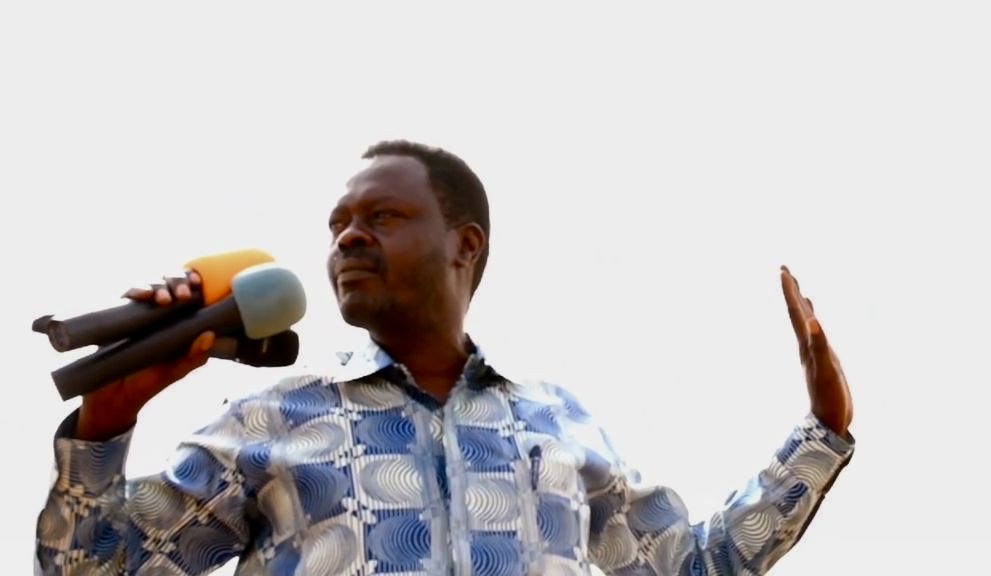
Opinions remain divided on whether the signatories of the Juba Peace Agreement, former rebel groups that signed a peace deal in October 2020 and aligned themselves with the military, will back the army against further RSF attacks. The governor of Darfur and leader of one of the former rebel Sudan Liberation Army factions, Minni Minawi, appears to be advocating for mediation rather than participating in the conflict militarily. Minawi urged the RSF via social media to “avoid attacking El Fasher and El Geneina. These are the cities in which there is a displaced citizen in every inch. As long as the negotiations are ongoing in Jeddah, you must focus on negotiation.” Minawi also highlighted ongoing efforts to communicate with all parties to prevent a conflict within El Fasher, which he called “Darfur’s only artery”.
Negotiations in Jeddah, however, face a myriad of obstacles. The RSF control over most of Darfur may embolden the RSF leadership to claim themselves as the sole representatives of the region vis-a-vis the Jeddah talks, Dirar said. This stance will inevitably lead to further tension, he added. In order to move forward in these talks, he said, all armed groups -including the non-signatories to the Juba Peace Agreement- need to participate. “This may be the only solution to avoid civil war in Darfur –or even secession of the region.”




